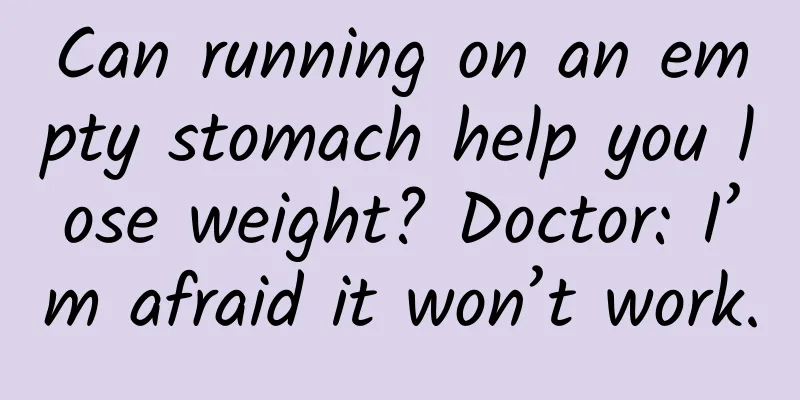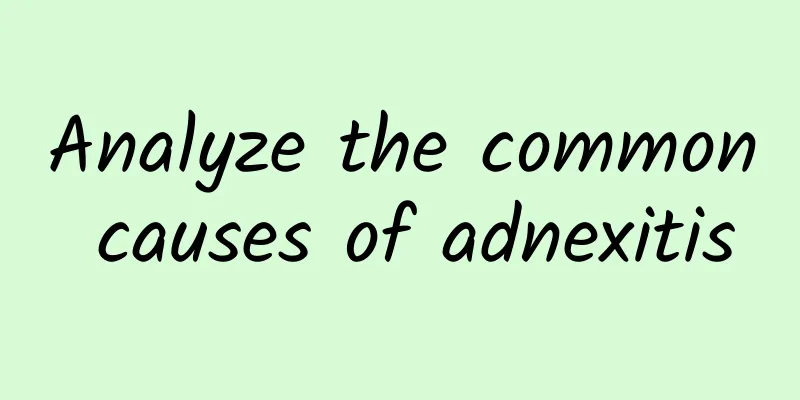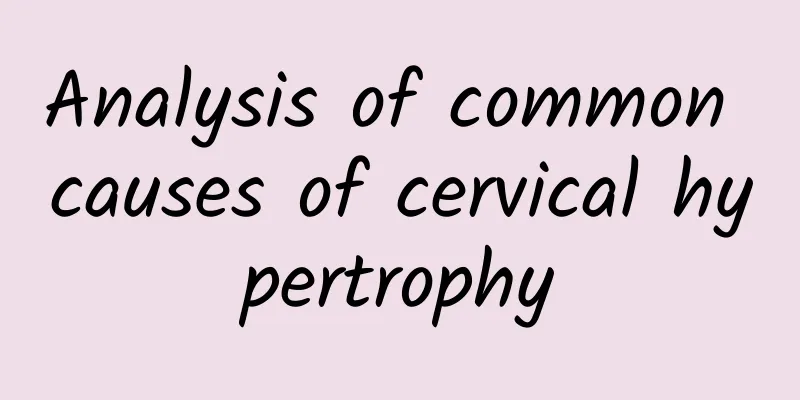What happens if endometriosis is not treated? 22 years old

|
If endometriosis is not treated, it may gradually worsen in young women as young as 22, leading to chronic pelvic pain, infertility risk and even impaired function of other organs, so early medical treatment is crucial. Symptoms can be controlled by medication, surgical treatment can be used to repair lesions, or the condition can be alleviated by adopting a healthy lifestyle. 1. The harm of endometriosis is gradually escalating Endometriosis is a chronic disease. Mild symptoms may only include menstrual pain and increased bleeding. Delayed treatment may lead to more serious problems: -Chronic pelvic pain: As endometrial lesions spread, inflammation and adhesions can lead to persistent pelvic pain that affects daily life. - Infertility: Endometrial lesions can block the fallopian tubes or affect ovarian function. About 40% of patients may face fertility difficulties. -Other complications: If the disease is not controlled, it may affect surrounding organs such as the bladder and intestines, leading to hematuria or difficulty in defecation. The above symptoms require patients to be vigilant, and early intervention can reduce the impact of the disease on quality of life and physical health. 2. Drug treatment At present, drug treatment is mainly aimed at relieving pain and inhibiting the development of lesions. The following three drugs can be selected for treatment: - Nonsteroidal anti-inflammatory drugs (NSAIDs): such as ibuprofen, are used to relieve pain. They are suitable for patients with mild symptoms. - Hormone-related drugs: such as danazol, which control endometrial growth by lowering estrogen levels in the body. -Gonadotropin-releasing hormone agonist (GnRH): can inhibit ovarian hormone secretion and reduce endometrial lesions. The selection of medication should be done under the guidance of a doctor to avoid potential side effects. 3. Surgical treatment with proven efficacy If medications don't work, your doctor may recommend surgery: -Laparoscopic surgery: A relatively common minimally invasive method that can locate and remove lesions while monitoring disease progression. - Reproduction-preserving ovarian ectopy: This is recommended for patients who want to have children. The surgery should minimize damage to the ovarian reserve. - Radical surgery: For patients with severe disease and no plans to have children, hysterectomy may be performed to cut off the source of the disease. The doctor will choose the appropriate plan based on the specific condition and patient's wishes. 4. Support for a healthy lifestyle Incorporating healthy daily habits can also help relieve symptoms and improve disease control: - Adjust your diet: Eat more foods rich in omega-3 fatty acids and antioxidants (such as salmon, nuts, and green leafy vegetables), and reduce high-sugar and high-fat foods. -Appropriate exercise: Gentle exercise such as yoga can improve blood circulation and relieve pain. -Relieve stress: Release emotions through meditation, reading, etc. to avoid the negative impact of stress on hormone regulation. Take action now. Whether you choose medication or surgery, you should develop a suitable treatment plan according to your doctor's advice. At the same time, maintaining a healthy lifestyle can assist treatment, prevent further deterioration of the disease, and protect fertility and quality of life. If related symptoms occur, be sure to see a doctor as soon as possible to control the progression of the disease. |
<<: What are the symptoms of threatened abortion? How many days will bleeding occur?
>>: Is it easy to get pregnant with uterine cyst?
Recommend
How long does it take from admission to discharge for ovarian cyst surgery?
How long does it take from admission to discharge...
Can uterine effusion be treated with Chinese herbal medicine?
Clinically, most women's uterine effusion is ...
Is there any harm in treating dysmenorrhea with moxibustion? Now we will reveal the answer to you
Moxibustion can treat menstruation caused by cold...
TCM Nursing for Threatened Abortion
Relevant care after threatened abortion is critic...
What are the abnormal leucorrhea tests?
What are the tests for abnormal leucorrhea? If yo...
What are the common symptoms of uterine fibroids?
What are the symptoms of uterine fibroids? Common...
Patients with bacterial vaginosis should pay attention to symptoms in time
Bacterial vaginitis is a type of female disease. ...
Treatment of uterine adhesion after artificial abortion with traditional Chinese and western medicine
Abortion is very harmful to women and may cause v...
A 112kg man suffers from metabolic syndrome and severe fatty liver! Lose weight from both inside and outside, and enjoy slimness in a healthy way
A 35-year-old man works in the technology industr...
Inflammation caused by gynecological diseases can easily turn into vulvar leukoplakia
The occurrence of gynecological diseases such as ...
What is the reason for not getting pregnant and not having menstruation?
For women, there is a "creature" that e...
How to adjust your diet after childbirth
How to adjust diet after miscarriage? Miscarriage...
Why do ovarian cysts occur?
The emergence of such adverse symptoms as ovarian...
Can cervical erosion be treated during breastfeeding?
The treatment of cervical erosion during lactatio...
Do you know the causes of ectopic pregnancy?
Do you know the causes of ectopic pregnancy? What...









